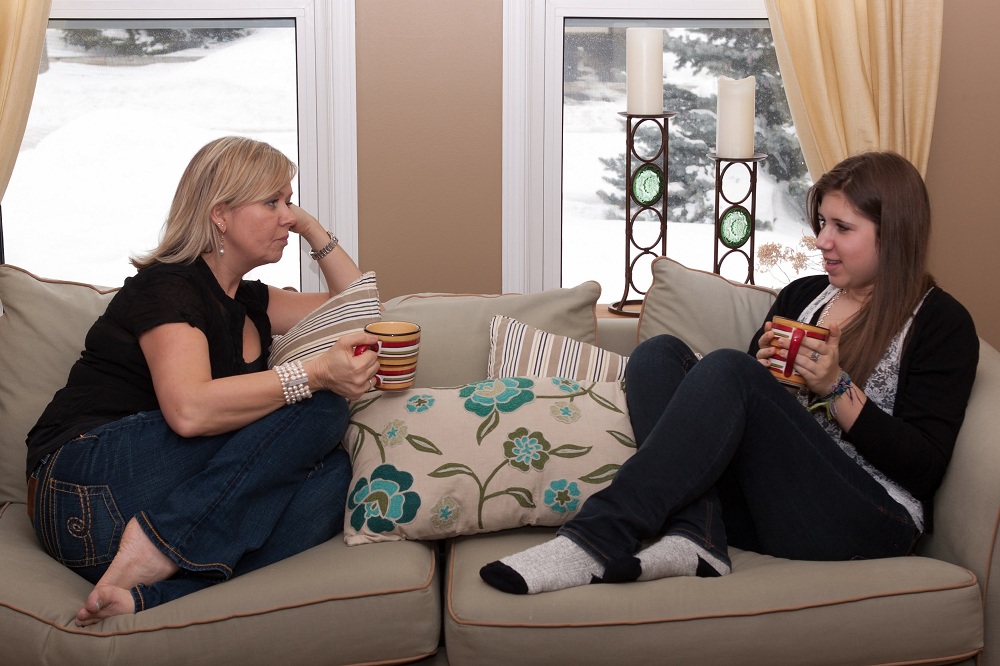One of my favorite authors and mentors in the field of psychology is Harriet Lerner, PhD. Harriet has written many books including New York Times Bestseller The Dance of Anger. I had the pleasure to meet her at my Daring Way™ Courage Camp, and seeing both Harriet and Brené Brown together was an incredible treat.
As a social worker, helping people through anger in hope they will eventually come to some form of acceptance is a huge part of the work I get to do. Yet often I hear individuals say “his/her/their apology was insincere” and “he/she/they really didn’t mean it.” Harriet’s book Why Won’t You Apologize is yet another wonderful addition to my collection of work that gives incredibly useful nuggets for improving communication.
Harriet says, an effective apology involves more than saying the right words and avoiding the wrong ones but it helps to know the difference. According to Harriet, here are some ways that apologies go south:
-
- Raising our “But” – When “But” is tagged onto an apology, it undoes the sincerity and signals to cancel out the original message.
- Saying “I’m sorry you feel that way” is also not helpful, as a true apology should keep the focus on your actions and not on the other person’s response.
- Avoid using the phrase “I’m sorry if” as it can come across as condescending and doesn’t assume any ownership.
- The Mystifying apology – “I’m sorry that what I said to you made you so upset.” This type of apology reflects confused thinking that typifies anxious families. The higher the anxiety in a system, the more individuals are held responsible for other people’s feelings and behavior.
- Saying “I’m Sorry” in hope of an automatic ticket to forgiveness and redemption– this is really about your need for reassurance.
As you read this, I’m sure, like me, you have been guilty a time or two of some of these less than fruitful apologies. That’s okay, we’re all imperfect, and if you are reading this, give yourself some self-compassion and grace to learn more and start trying to catch yourself, and then learn to correct yourself.
I highly encourage you to read Harriet’s book to hear her voice and the stories that accompany these and many other apologies gone bad. We are all works in progress and fortunately, we can always learn, grow, and circle back to do it better next time.
Share the article and encourage others to visit – Authentic Gains – A Renowned Therapy Center In Folsom and Boise


